Abstract
Objectives
Our aim in this study was to describe the clinical and social characteristics of 2 Canadian cohorts of adolescents with diabetes.
Methods
Participants from the Improving renal Complications in Adolescents with type 2 diabetes through REsearch (iCARE) study (n=322) and the Early Determinants of Cardio-Renal Disease in Youth With Type 1 Diabetes (n=199) study were compared.
Results
Adolescents were 10 to 18 years of age (mean ± standard deviation: 14.8±2.4 years). The T2DM cohort had a shorter duration of diabetes. Both groups had glycated hemoglobin levels above target. The type 2 diabetes (T2D) cohort was comprised of predominantly Indigenous youth. The type 1 diabetes (T1D) cohort was 58.3% European/Caucasian, with a high proportion (41.7%) of visible minority groups (Afro-Caribbean, Asian/Pacific Islander, Hispanic). The prevalence of obesity, hypertension, left ventricular hypertrophy, albuminuria and hyperfiltration was higher in the T2D cohort. The T1D cohort was more socially and economically advantaged in all 4 dimensions of health inequality.
Conclusions
There are significant differences in clinical and social characteristics of adolescents with T2D and T1D in Canada. Both have inadequate glycemic control with evidence of onset and progression of diabetes-related complications.
Connect with us!
Subscribe to learn more about what we do, why it matters, and how you can get involved!




